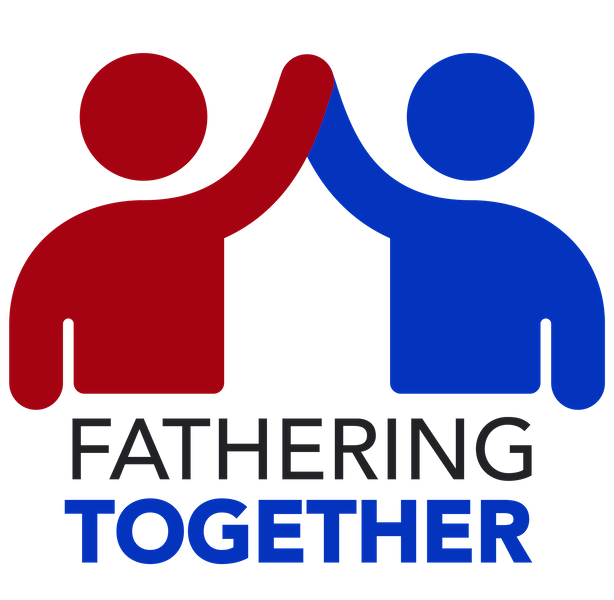
“Don’t be daft!”
That’s one of the most memorable fatherly mantras from my childhood. Jerry, the father of Tim, one of my best childhood buddies, offered that bit of advice. I was lucky enough to grow up with about a dozen close friends, and Tim’s house was often our headquarters, thanks in part to his beloved father.
At first, I didn’t know what “daft” meant. But since Jerry would usually bellow the words half-jokingly after some of our shenanigans, I learned it meant “foolish” or “silly.” Jerry died years ago, but his mantra returned recently as I packed for a trip to Folly Beach, S.C. That same near-dozen childhood buddies (now scattered across the country) were reuniting for the weekend.
With Father’s Day approaching, and since we’re all fathers who also knew each other’s fathers from our childhood, I decided to ask my friends two questions:
- What was your father’s most memorable parenting wisdom (or mantra)?
- What is the most important advice you would give to fathers today?
Answers to the second question came more readily.
Chris advised: “Be careful of the way you speak to your children. What you say becomes their inner voice … also when you’re trying to raise good kids, don’t forget you have good kids!”
Steve recommended: “Be there for your kids when they need you — make sure you know when that is.”
In a nod to Jerry’s ability to foster a hub for teens, Dave answered: “Be kind and understanding with your kids. The home should be a safe, comfortable place for a child/teenager … otherwise, the young adult/adult won’t be around much.”
Fathers, their advice influence lives long after death
When it came to answering my question about their own fathers, the replies required deeper thought.
In fact, Tom first gave me a “where-to-begin” face. Eventually, he answered: “I think the thing I most remember is that no matter what I was doing good or bad he always hugged me and told me he loved me (if it was bad he waited for the dust to settle). So with my boys, I make sure to hug and tell them I love them daily if not numerous times a day.”
Steve also described his father’s influence slowly: “Dad taught me how to fix things. He was an impatient teacher; he was quiet and I learned by watching him. He would say ‘Use the correct tool for the job’ and ‘Don’t overtighten things like nuts, bolts, screws’ … I do a lot of the fixes around the house because of him. He gave me the confidence to do so.”
In the spirit of our laugh-filled Folly reunion, Chris explained: “My father told me many things but one that stuck and I believe to be very helpful to me in my life is ‘Don’t take life or yourself too seriously!’”
So did that mean “do be daft,” contrary to Jerry’s mantra? More likely both fathers were offering advice in favor of our daftness among buddies but not among other audiences.
Sadly, about half of our friend group’s fathers have passed on. And at least once I heard, “I still haven’t gotten over my father’s death.” That sentiment stayed with me on the flight home when I started reading Hiking with Nietzsche: On Becoming Who You Are by John Kaag. The book begins with the striking image of “parent mountains.” Kaag explains: “Looming or distant, the parent is the highest peak in a given range, the point from which all other geological children descend.”
Yes, I thought. A parent is like a mountain that—for better or worse—looms over his or her children’s entire lives. At that moment I realized I had asked my friends an impossible question. Trying to condense a parent’s wisdom into a mantra is like trying to boil an ocean down to a drop. As mountain-hiking Kaag states, “The road to the parent is, for most travelers, unbearably long.” But at least by revisiting the shared memories of all our fathers, my friends and I were hiking those parent mountains together. The views along the way were incredible.
Fatherly advice/help photo: © davide bonaldo / Adobe Stock.

Leave a Reply